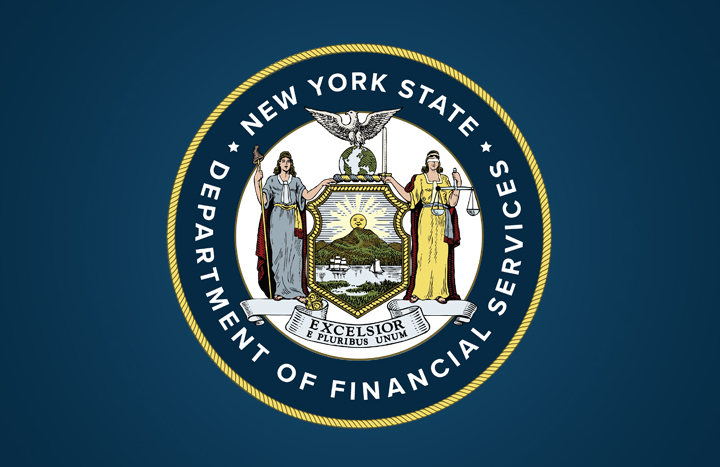
NYDFS Strengthens Oversight: New Guidelines for Cryptocurrency Listings and Delistings
The New York State Department of Financial Services (NYDFS) has taken a significant stride in bolstering regulatory oversight with the issuance of updated guidelines for listing and delisting virtual currencies. Superintendent Adrienne A. Harris announced the enhanced framework, emphasizing the department’s commitment to an innovative and data-driven approach to virtual currency oversight.
The guidance, building on the foundation laid in 2020, introduces heightened risk assessment standards for coin-listing policies. Specifically tailored to retail consumer-facing businesses, the guidelines seek to ensure a robust risk evaluation framework that aligns with the dynamic nature of the virtual currency industry.
Under the new rules, crypto companies are mandated to submit their coin listing and delisting policies for NYDFS approval. The evaluation process includes a rigorous assessment against stringent risk standards, aimed at facilitating orderly delistings that prioritize consumer protection and minimize market disruption.
A notable aspect of the guidance is the requirement for companies to provide advance notice for token de-listings, fostering transparency and awareness among consumers. The policies formulated by companies are expected to be intricately aligned with their specific business models, operations, and customer landscapes, as well as the unique features of the coins being considered.
The guidance is an extension of Superintendent Harris’ VOLT initiative, which has fortified the department’s position as a key regulator in the virtual currency domain. The initiative, launched less than two years ago, has seen the addition of over 60 experts, the introduction of new policies, and the imposition of significant penalties, totaling over $132 million, against non-compliant virtual currency companies.
The NYDFS’s proactive approach, informed by extensive research, stakeholder consultations, and constructive feedback, reflects its commitment to adapting regulatory oversight to the evolving risks in the virtual currency market. The move comes amid a surge in delistings across major platforms, signaling the need for a comprehensive regulatory framework to safeguard consumer interests and maintain market integrity.





